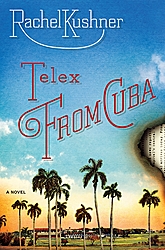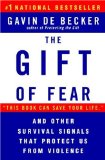
Like The DaVinci Code and Angels and Demons, The Lost Symbol is action packed and a quick, thrilling read. I still like Angels and Demons the best out of the three, although I really enjoyed The Lost Symbol as well. The Lost Symbol and Angels and Demons are clearly easier to read and enjoy as a Christian since The DaVinci Code has quite obvious problems that take away from the experience even though I still enjoyed the book. The Lost Symbol is not anywhere close to being as controversial, and actually may be more controversial in the fact that he doesn't attack the Masons instead of attacking them. He seems to have come to appreciate the Masons and their support for learning and knowledge. The plot centered around ancient knowledge and how we use so little of our brain power. This is tied to something called noetic theory, which is a theory about using our brain power and intellect to it's fullest potential and researches things like using your mind to change matter and if we have a soul. It sounds completed insane at first in the book, but then it all starts to actually sound really intriguing and made me want to read more about it. One of the items they research is the power of prayer and how having a large group of people focus on something mentally can actually influence outcomes. The day after I read that, I was in a training class where we all discussed how this client wasn't calling back one of our sales reps and then when we broke for lunch he checked his messages and the client had called right after we had that discussion. It was probably just a coincidence, but it was interesting nonetheless.
I also enjoyed that the book took place in D.C. Since I've been to most of the places in the book, that made it seem more real. I felt like it started a little slow, or maybe it started fine but then dropped off a bit before picking back up. I still read the whole thing pretty quickly, but I wasn't in that can't-put-it-down type of place the whole time. I definitely got there by the end, which was extremely suspenseful and terrifying, but something happened around the second quarter of the book where I just wasn't as focused. Still a good read overall, but that made Angels and Demons better in my opinion.
P.S. It makes me laugh that when I did a Google Images search for The Lost Symbol, the Dharma logo from Lost came up. How funny is that? It's the Lost symbol!





